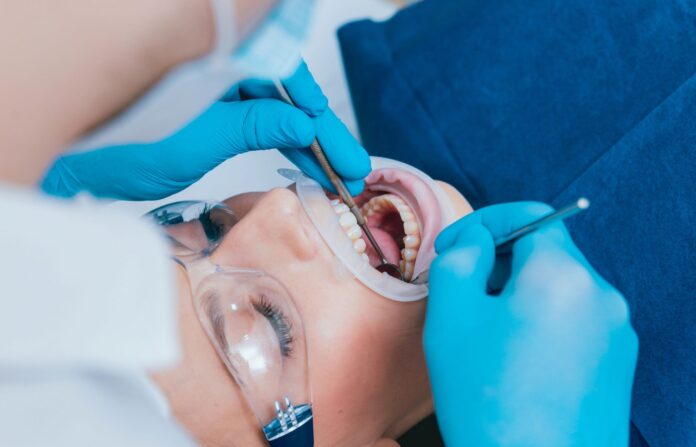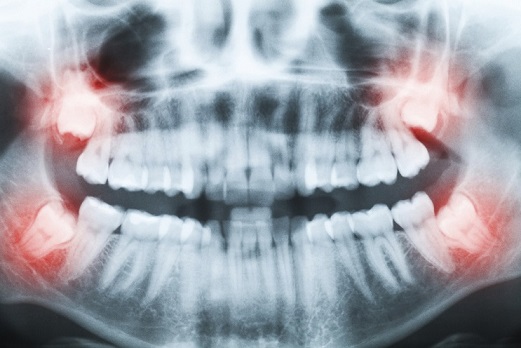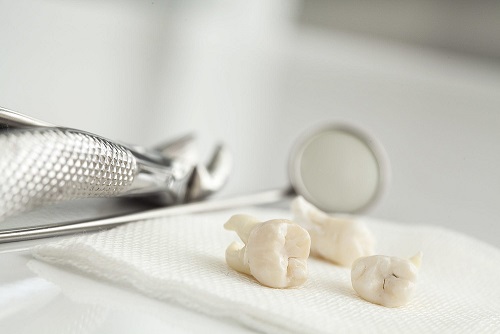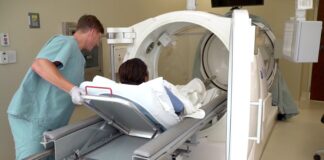Dentistry is a complex branch of medicine whose purpose is no longer just tooth extraction, but prevention and treatment, and replacement of lost teeth. We are also talking about dental surgery here. Like any other surgical procedure, the dental one is not harmless. To avoid unnecessary complications, it is necessary to follow the instructions of the dentist.
Six-month visits to the dentist are habits we need to maintain if we want healthy and beautiful teeth and gums. Patients with poor dental hygiene, pre-existing problems, and poor genetic factors should visit the dentist more often. Unfortunately, the fast pace of life and the phobia of dentists can lead to patients not going for control for 10 or 20 years.
Going to the dentist is traumatic for many, especially if a more complicated intervention needs to be performed. However, regular check-ups, as well as oral hygiene, are very important. Despite that, sometimes it still happens that you have to do some serious surgery.
It is sometimes said that there is not enough space in the jaw for all the teeth. And that is absolutely true. Namely, wisdom teeth are teeth that grow in the period from eighteen to twenty-five years. But sometimes they don’t grow at all. Of all the permanent teeth that appear in the jaw, they emerge last. Wisdom teeth are the most common reason for dental surgery, but not the only one, of course.
Either way, the moment is approaching when you need to go for dental surgery. Don’t worry, it’s not as bad as it sounds, and to make it easier to get through, read the tips on how to prepare for it.
1. Dental visit

Before the operation, go to the dentist. At this examination, your dentist will examine your teeth, perform additional tests if necessary (such as a dental X-ray) so that he can tell you with certainty what is the best solution to the dental problem you are dealing with.
If the patient uses anticoagulants or any other medications, it is important to mention this in a conversation with the dentist, because it is necessary to stop taking some of them two days before the operation. Tell your dentist about therapy with any medications, chronic diseases, previous surgeries, radiation, and allergies to medications and anesthetics. Visit libertyvillagedentalcare.com to learn everything you need to know about it.
2. Preparing for surgery
Preparation for surgery does not have to be overly problematic and time-consuming. It is obligatory to eat before the operation so that the organism is ready for changes. Minors should be accompanied by at least one parent in order to reduce fear.
3. Anesthesia

You were examined, surgery was found to be the only solution. And here we are! As passionate as it sounds, believe me – it is not, because the procedure is performed under anesthesia which means loss of sensation, in some cases only loss of consciousness or only loss of sensations of pain, or simultaneous loss of both sensation of pain and consciousness. What are anesthetics? Anesthetics are drugs that, by acting on the nervous system, cause anesthesia. It is important for anesthetics to have minimal harmful effects on other organs, and after cessation of action, the function of the nervous system returns to normal. Anesthesia is most often given with a needle in the gum. The sting is almost painless, and soon after that your jaw will numb and the dentist will start the operation without any problems.
4. Duration of the surgery

It is difficult to say how long the operation lasts, but it is usually a matter of minutes. Of course, it also depends on the dental problem to be solved and if the patient has a poor dental hygiene it could lasts even longer.
5. What after dental surgery?
There are several side effects that can be expected immediately after surgery, and even a few days later.
Pain. Post-operative pain is nothing new and may occur within two days. It is mandatory to prescribe analgesics for home care, and patients are recommended to take them for the first two days, one tablet every 8 hours. Many dentists also prescribe antibiotics to reduce the number of inflammatory bacteria that could cause postoperative infection.
In addition to pain, swelling is possible, not only after dental surgery but also any other. In order for the body to heal, it sends defense cells and healing cells to the operated area, which leads to the filling of the operating area with fluid, professionally called edema. In this case, what is recommended is the occasional application of cold compresses.
Postoperative bleeding is normal up to two hours after surgery. Bleeding occurs from the surgical wound to create a clot from which bone later heals in the operated area.
The next thing you can expect is a bruise. This symptom is rare but can occur with more difficult surgeries, especially when all four wisdom teeth are surgically removed in a single procedure. It should be noted that such a symptom is a completely normal reaction of the organism, especially after difficult operations.
For the first 24 hours, it is advisable to drink as much fluid as possible. Hot drinks and hot foods should be avoided and grain and similar foods that may accumulate in the wound should not be consumed. Do not smoke for at least four hours after the procedure or while there is bleeding. Avoid consuming alcohol.
6. Activities
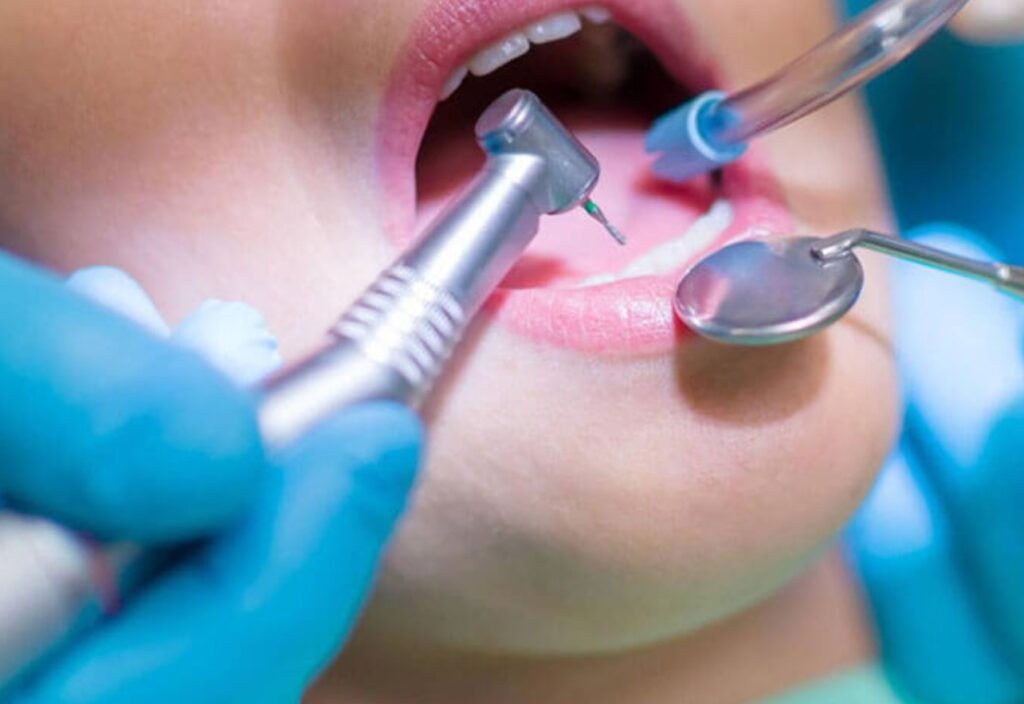
It is necessary to rest on the day of surgery and the day after surgery. Sleep in an elevated position, with your back covered with several pillows. This will reduce the swelling. After 24 hours, you can return to your daily activity schedule effortlessly. Avoid efforts such as lifting heavy loads, jogging, and exercising for 10 days after surgery.
Final thoughts
Going to the dentist regularly can not only save your teeth but also reduce the risk of many other diseases. Little is known that diseased teeth can be the cause of heart disease, prostate problems, impotence, certain types of tumors, and even stroke. Oral hygiene is therefore important for the health of the whole organism, not just the mouth.

